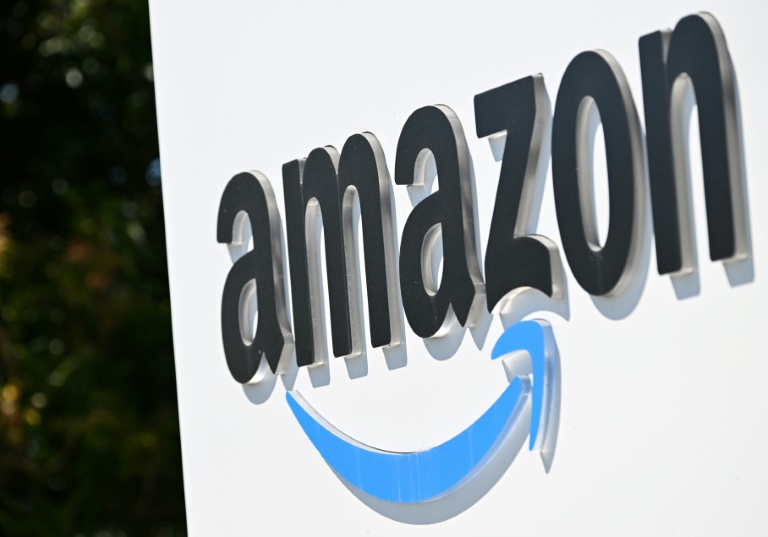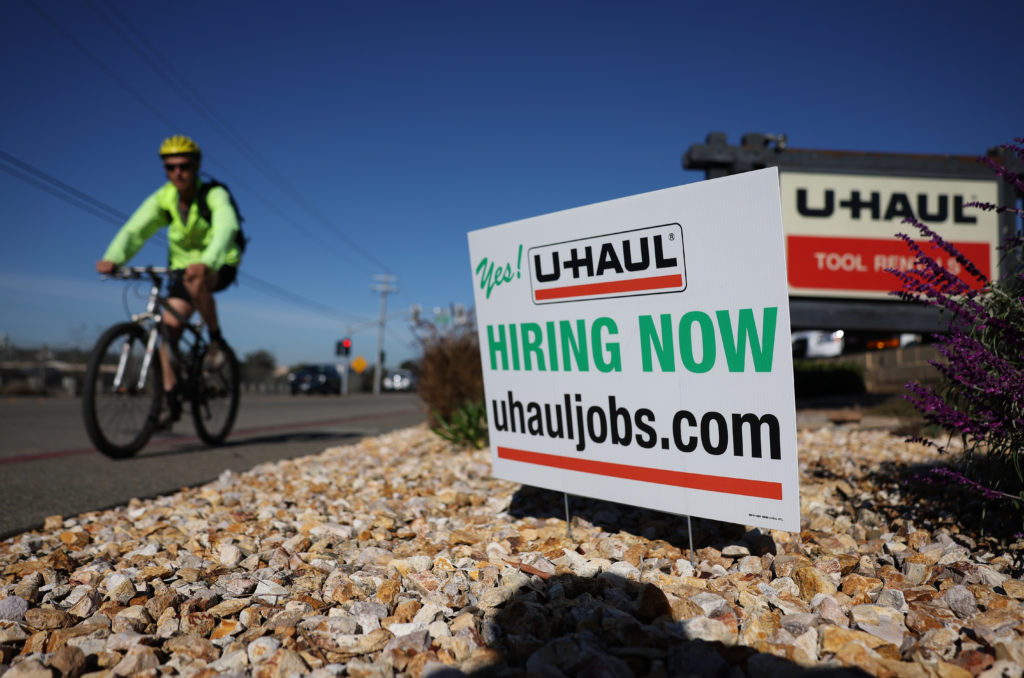Amazon and Apple were a relative bright spot in a week of otherwise lackluster earnings results for an industry reckoning with the end of heady pandemic-era growth.
A crowded period of quarterly financial releases from the world’s biggest tech firms has been marred by misses and uncertainty — making it clear that the boom triggered by Covid-19 restrictions on getting about has tipped toward downturn.
As people are freed from pandemic lifestyles that had them relying on the internet for shopping, playing, working and learning, inflation is pushing up prices and Covid-19 is causing temporary shutdowns of factories in China relied on by tech firms.
Recession fears, a strong dollar, shrinking advertising budgets and inflation — headwinds are coming from every direction at the moment.
“When you think about the number of challenges in the quarter, we feel really good about the growth that we put up,” Apple chief executive Tim Cook said on an earnings call.
For Apple, product sales tallied $63.4 billion in a drop from the same period a year earlier, but the dip was more than made up for by services revenue that climbed to $19.6 billion, earnings figures showed.
Demand for iPads and Mac computers exceeded supply in the recently-ended quarter, the main cause being pandemic restrictions that caused “plant closures and plants running at less than full utilization,” Cook noted.
Apple was also hobbled by an ongoing shortage of computer chips, Cook said.
Meanwhile, US chip giant Intel reported disappointing earnings battered by its own missteps as well as economic conditions — a post-Covid drop in demand and “supply dislocations in China and other parts of the supply chain,” executives said on an earnings call.
Amazon beat sales estimates to reach $121 billion in the quarter, and revenue climbed at its cloud-computing platform Amazon Web Services.
The retailer has made progress reducing ranks of employees that had been beefed up to handle online shopping that surged during the pandemic, executives said.
“Amazon managed pretty well through the second quarter despite tough macro conditions and added costs weighing on its bottom line,” said analyst Andrew Lipsman.
Apple, Microsoft and Facebook-owner Meta have talked of the strong dollar eating into earnings, since when America’s currency gains too much value, it can make products more expensive overseas or eat away at a beneficial exchange rate.
Meta pointed to the greenback’s role in the firm’s first year-on-year revenue decline since going public in 2012.
– Not much good news –
In addition to the generally bumpy economic times, firms such as Netflix and Meta are fighting fierce competition from rivals — and both reported losing some ground.
Meta lost about two million monthly users between quarters, and Netflix shed nearly a million paying customers.
Yet Netflix stock is up about a percent in the past five days, with investors potentially hopeful after the firm projected a coming rebound in subscribers.
Markets seemed similarly assuaged despite Google parent Alphabet missing on revenue and profit.
The Silicon Valley giant’s bad news was not unexpected, as the flow of online ad dollars that fuels the company’s fortunes has slowed as inflation, war and other troubles vex the overall economy.
“Still, with its tremendous market share in search advertising, Google is relatively well positioned to weather the rough waters that lie ahead,” said analyst Evelyn Mitchell.
As advertisers have tightened their belts, and Apple’s privacy changes have bitten into firms’ sales of costly but highly targeted ads, the damage was uneven.
Meta’s income has taken a beating, and with a share price that has lost about half its value since February, it’s clear that investors are still wary about the company’s future.
“The good news, if we can call it that, is that its competitors in digital advertising are also experiencing a slowdown,” said analyst Debra Aho Williamson.
Snapchat’s parent firm, for example, reported that its loss in the recently ended quarter nearly tripled to $422 million, despite revenue increasing 13 percent under “more challenging” conditions than expected.
“We are not satisfied with the results we are delivering, regardless of the current headwinds,” California-based Snap said in a letter to investors last week.









